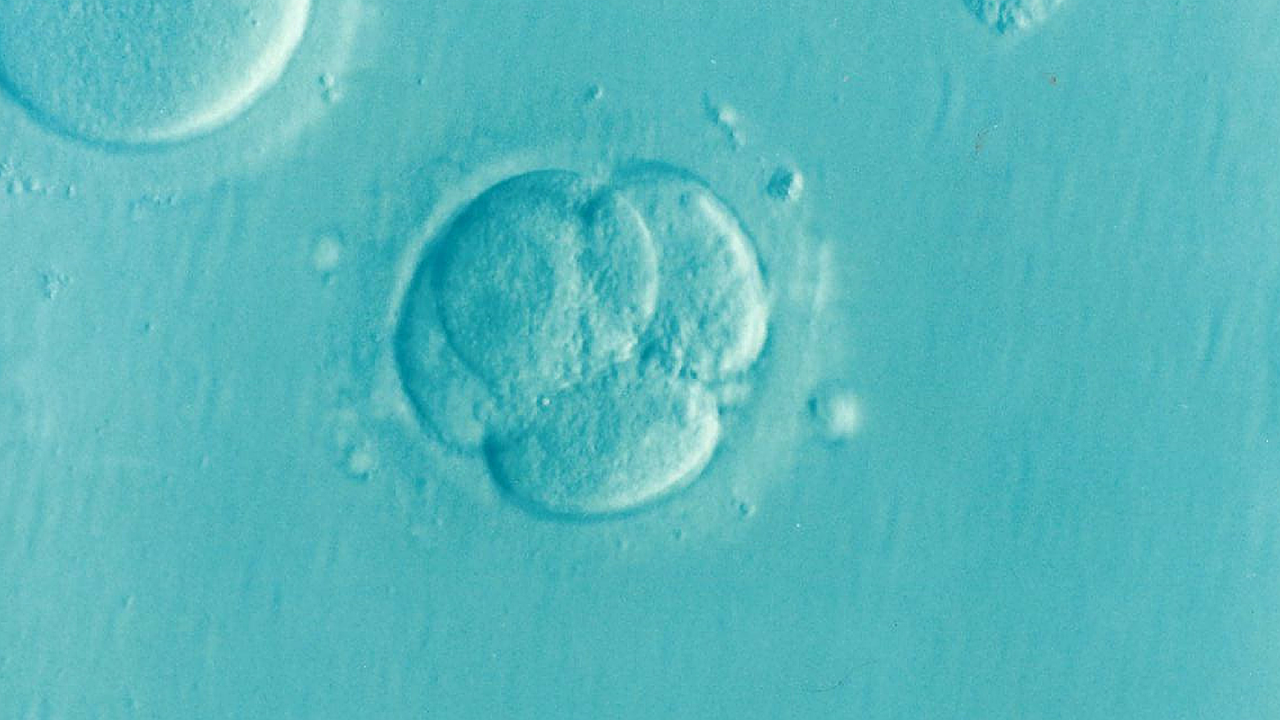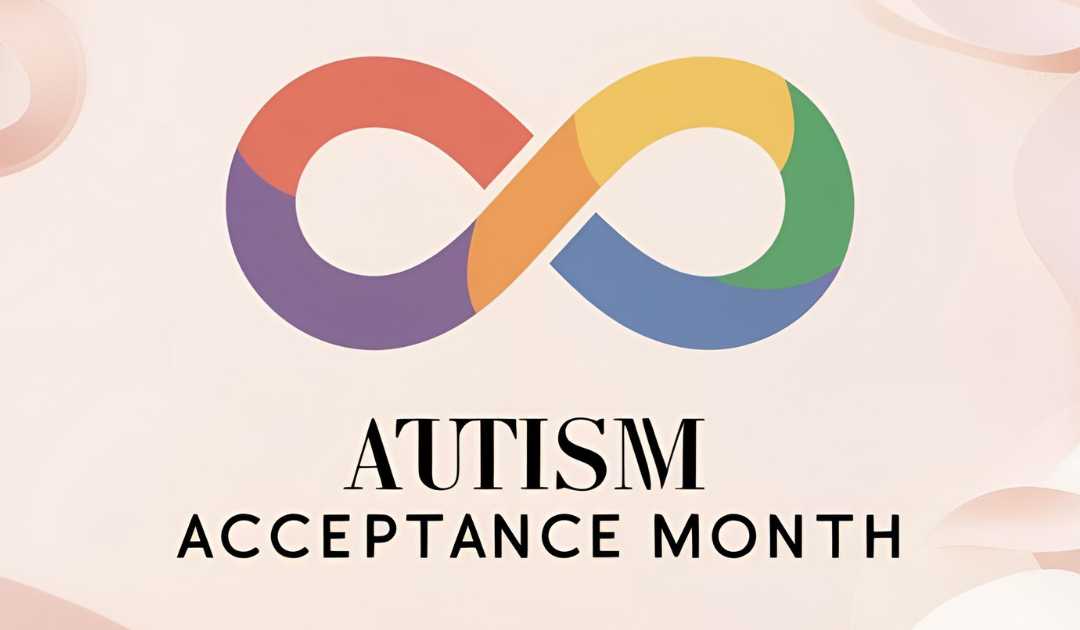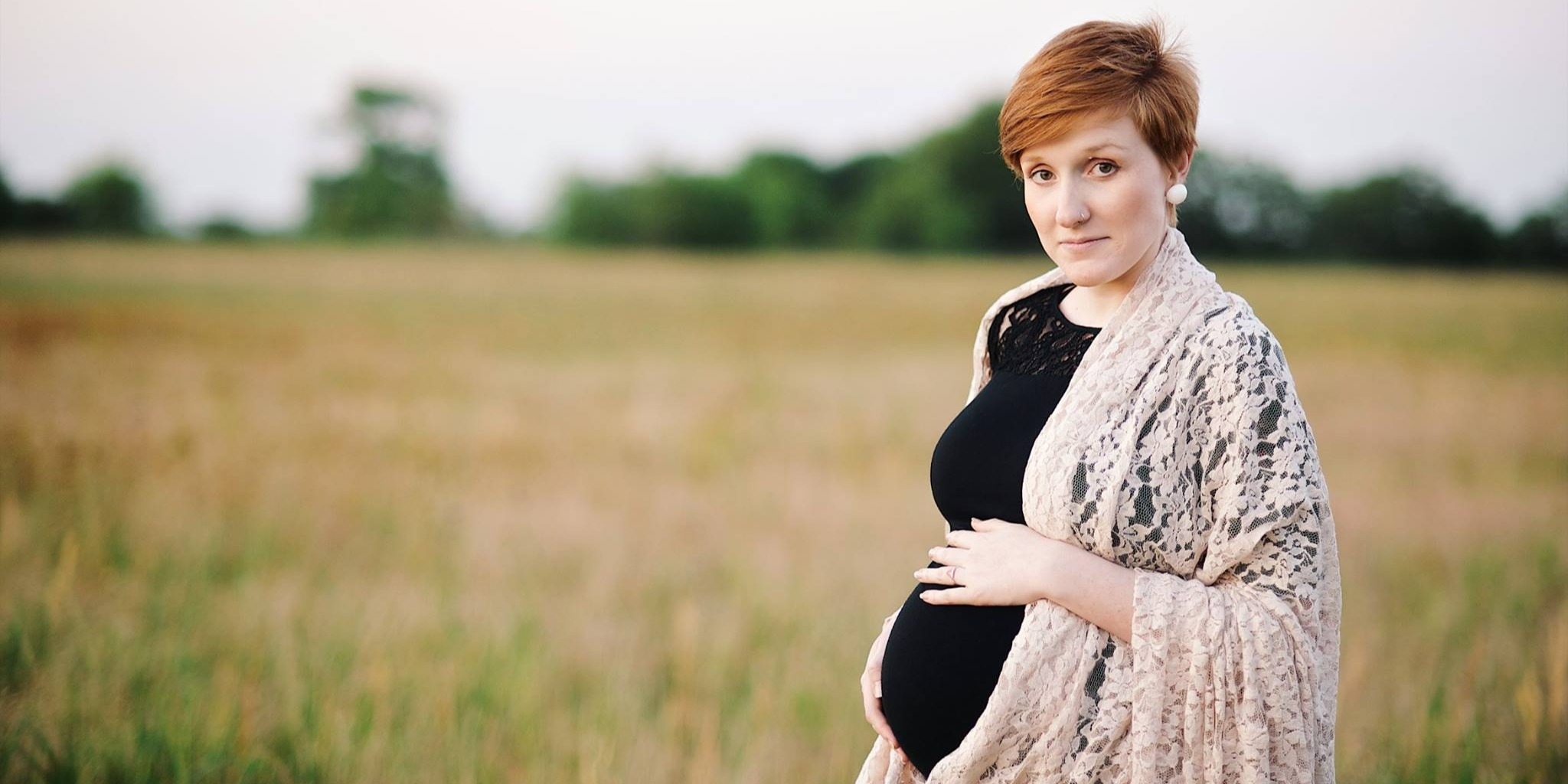Autistic and Pregnant: Part 1
Surprise, surprise - another autistic women blog for you this month! I'm nothing if not honest when I say that this has been my special interest. And...

In the online communities I am a part of, there has been an increase in the conversations happening related to growing up in the church as an autist. For my entire adulthood, I have been actively processing the experiences I had in the church growing up, the experiences I now attribute to my autistic traits, and my sense of self - but always separately. It's only recently, at least partially because of the community of other adult autists who have been on the same journey, that I have started to consider the intricate overlap between all of these experiences and parts of me in a way that actually makes much more sense.
There's several decades of research into the relationship between religious beliefs (or lack thereof) and autism, mostly from a lens of stereotypical autism (i.e., white and male), that set the stage for some of what we know/believe about how religion does and doesn't work in the brain of autists.
Early research focused on exploring the possible neurobiology leading to an increased level of agnosticism and atheism among autists, pointing mainly to specific areas of the prefrontal cortex, namely the ventromedial and dorsolateral prefrontal cortex. These two spots on our brains are responsible for and involved in complex "high-order thinking":
Researchers found that there were significant differences in autistic and allistic (non-autistic) groups when looking at the structure and function of these parts of the brain. Autistic brains tend to have larger, more dense accumulations of neurons in these areas, but those neurons tend to be less excitable or less developed than the neurons in the brains of allistics. As a result, the researchers have proposed that this immaturity/inhibition of these parts of the brain lead Autistics to struggle with theory of mind, which leads to a lack of connection with the idea of a higher power. For Autists, these researchers claim, prayer, meditation, singing, and other forms of connection with a higher power fall flat - leading to a difficulty in being able to believe that a higher power exists at all. Some have even gone as far as to claim that Autists are "religiously impaired" (see this 2012 article from Norenzayen et al. among many others).
Alternative research has explored this in more detail, expanding on the original research that was more focused on an American/Westernized view of religion, and looking more into concepts related to spirituality. When surveying samples of neurodivergent and neurotypical people, they found that neurodivergent (especially autistic) people were not less spiritual, but rather that they seemed to be more likely to reject the typical American/Western religious structures (e.g., Catholicism, Protestantism, etc.) and were actually more likely to endorse beliefs considered to be more supernatural or paranormal in nature (e.g., the possibility of ghosts). It seems less likely that autists struggle with theory of mind (which has also been proposed by other research and by autists themselves) and more likely related to the influences of development and culture.
Growing up in the south (especially in the 90s), church attendance was more of a cultural assumption rather than an option. My family was active and engaged in everything the church had to offer. We attended service and Sunday School on Sunday mornings, we attended a separate service on Wednesdays. I was engaged in activities in the children and student ministries including Vacation Bible School, mission trips, Halloween alternative fall festivals, and lock-ins. I was engaged in and often a leader in church-based arts like choir, hand-bells, and theatre. Religion extended into every facet of my life. I was Bible Club president in middle school and attended "see you at the pole" events. My family prayed before meals and frequently discussed religiously-based stories and concepts. Later on in young adulthood, I moved from only volunteering to also working in and for the church.
All of these things were exactly in line with the way that my autistic brain worked and wanted to understand the world. I had scripts for every interaction with another human and specific standards to which I could aim my efforts. I also had an explanation for the things I considered to be unfair, scary, or confusing.
Following rules and being exceptional are part of my natural tendency (as an autistic girl), so church and religion gave me a place where being exceptionally correct/perfect was not only welcome, but idealized.
The structure of the church was incredibly comforting as a child; however, I noticed that there began to be some uncomfortable abrasions caused by these structures as my brain developed and problems/questions became less simple. My skills in pattern recognition and rule-following also gave me the ability to notice contradictions in myself and especially in the people I looked to as leaders in the church. As I followed the rules more and more (and harder and harder), I noticed that people around me didn't seem to be on the same journey as me.
I didn't understand how I could feel so othered, forgotten, and wrong - no matter how hard I tried. When following all of the shoulds that had been preached to me, I received messages that I wasn't doing it the right way. For example, what I had learned to be my/our ultimate task as church-goers was to love people as we love God. When at first the rules seemed explicit and straight-forward, my more complex understanding of them as a more-cognitively-developed person became almost like a mark against me, and worse still, a mark that was potentially contagious. When speaking openly about my support for gay marriage, for example, I became a risk - a liability to those seen as vulnerable to my influence in the church and to the church as a whole.
All the while, this extreme effort I was putting in to continue to be the perfect example and good girl was leading me to become more exhausted, burnt-out, and alone. And yet the church demanded more, and better, and quickly! I felt constant pressure to fix my faults, all while not understanding why these parts of me that had been nurtured by the church were faults at all.
I have been following the journey of DL Mayfield as they have been on their own exploration of autism and religion, and they have explained things in a way that resonates with me (and many of the other folks interacting with them on social media). Religion, especially high-control religions (to which research shows Autists are more vulnerable) provide several promises:
In reality, though, high-control religions are not places of safety for autists - even as many of us make religion our special interests and are pressed for engagement and service in the name of God, we are harmed.
As I began to untangle my sense of self from the structures of and damage from the church, I have been surprised in the subtle ways where all of it still shows up. The church and my beliefs were so much a part of who I was and how I viewed the world, so when I began living and interacting with myself and others in ways that were less governed by those rules, I have found that I have been able to know myself more fully and know the world more openly. I have found truly accepting community, built relationships with people who actually share my values and who I can trust, and ways that my special interests are not used, but instead are welcomed.
I tend not to talk very frequently about my own religious/spiritual beliefs, especially in the work that I do, but I have also found that those very same values I have always believed in and held dear to my heart as being most important are the values that I live my life by today. I value authenticity and unconditional positive regard. I value unconditional love. I value equity and caring. And I value growth and rest. Those values don't look any different in action, regardless of what roof is over my head or who I am with.
I know I am not the only human who has been on this journey and know the power of "me too". If the topics in this blog resonate with you and you'd like to explore them more, don't hesitate to reach out.

Surprise, surprise - another autistic women blog for you this month! I'm nothing if not honest when I say that this has been my special interest. And...

April 2nd is recognized as World Autism Awareness Day (or World Autism Acceptance Day, but more on that later), and typically my social media feeds...

This is the second in a series of blogs looking at Autism in women when they experiences of pregnancy, the first of which focused on the process of...